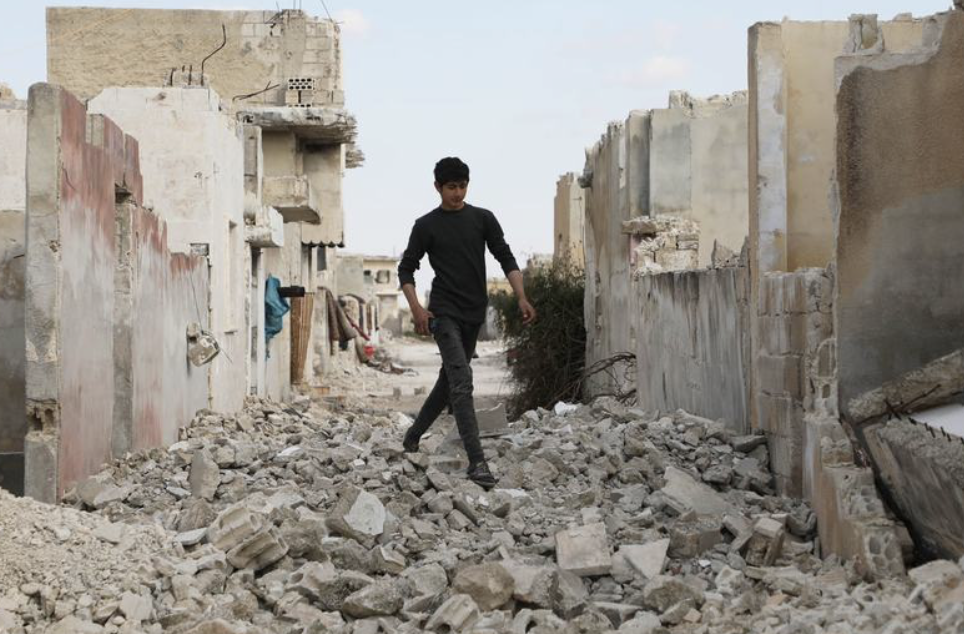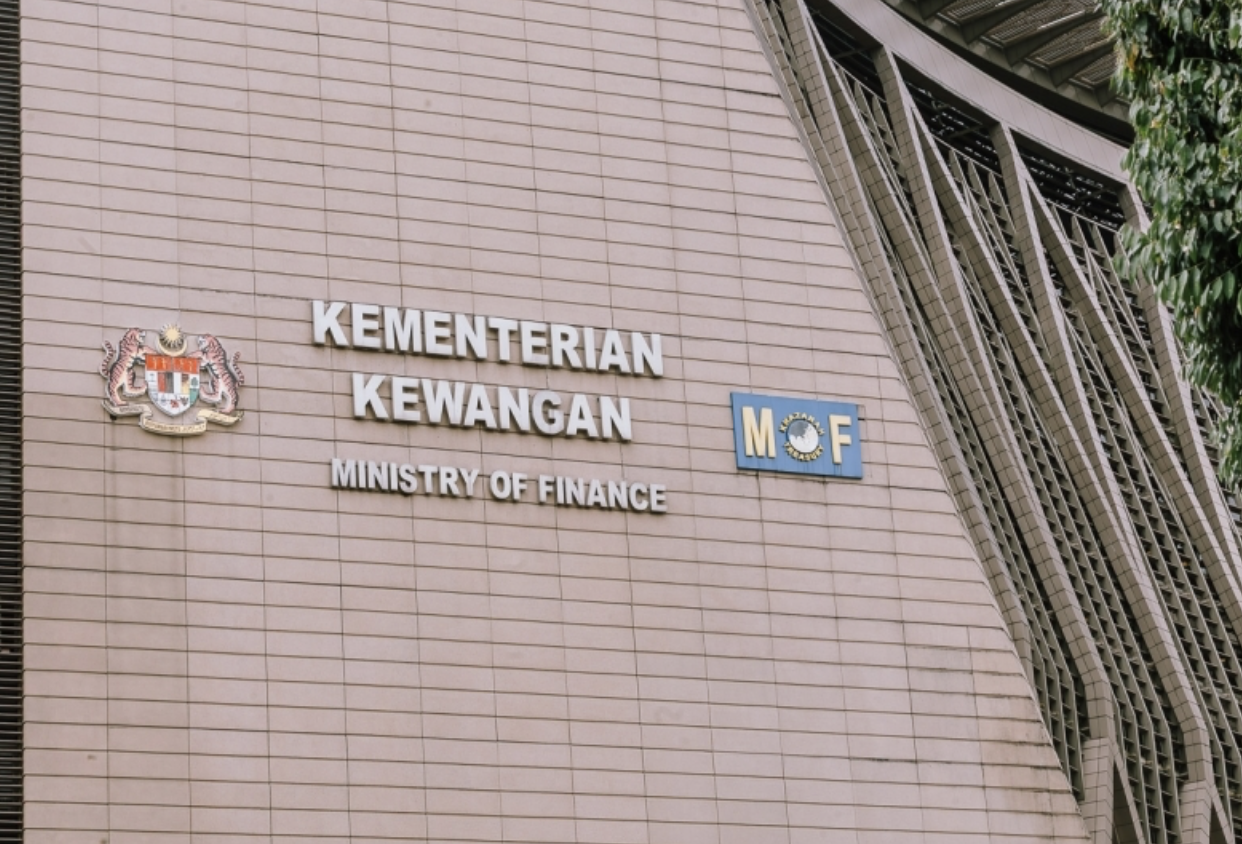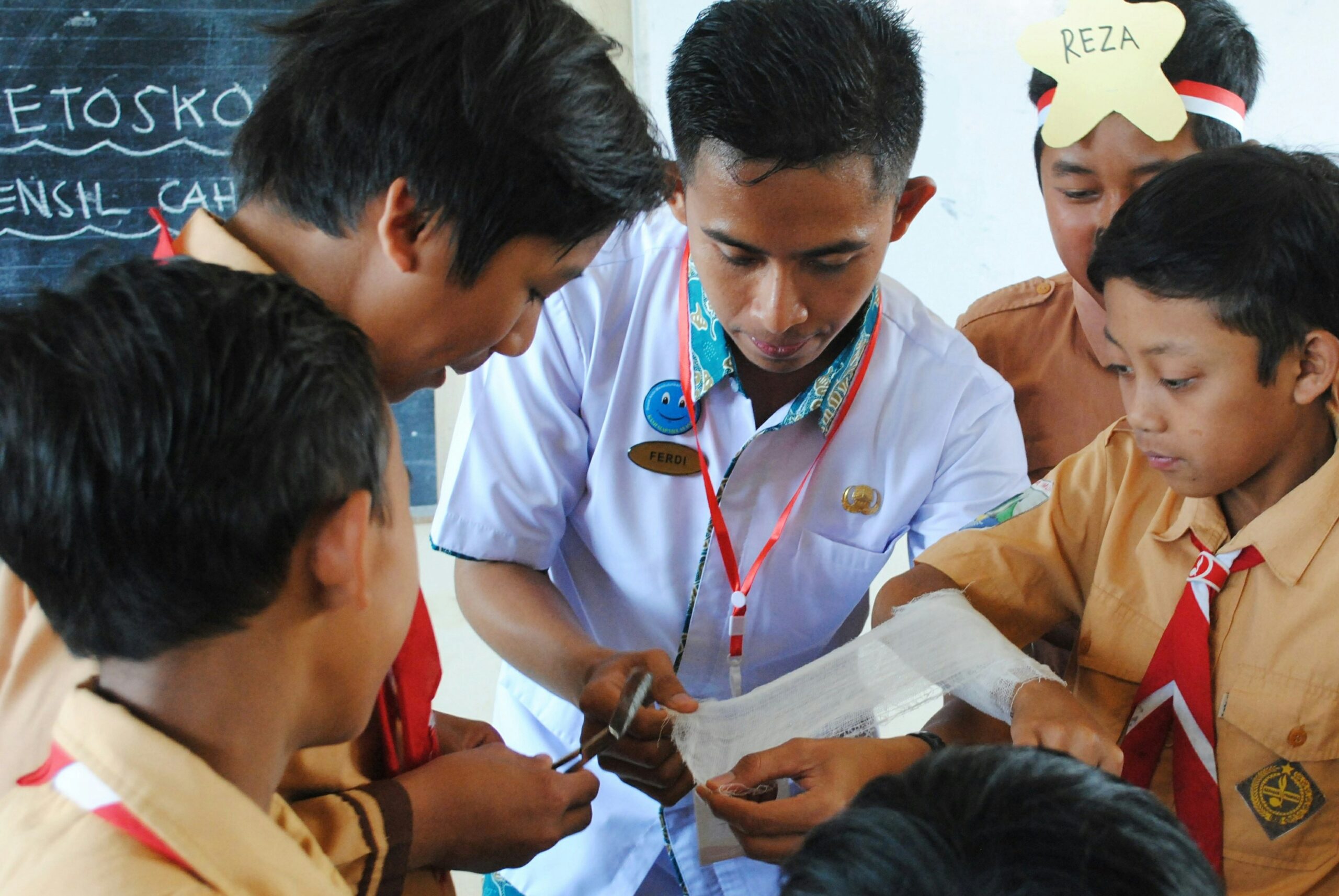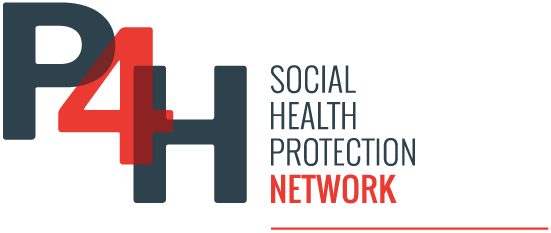
Syria Seeks to Rebuild Shattered Healthcare System
Syria’s healthcare system is struggling to rebuild after 14 years of war with massive infrastructure damage, healthcare worker shortages, and political divisions. Violence, especially in Druze-majority Sweida, worsens humanitarian access and security, complicating...
Administrative perspectives on the implementation and sustainability of state-supported health insurance schemes in Nigeria
This study explored administrative stakeholders’ perspectives on Nigeria’s state-supported health insurance schemes (SSHIS) across six states. While the schemes improved health indices, infrastructure, equity, and financing, they face challenges including low...
A “Diagonal” Approach to Integrating Nutrition into Health Systems: Opportunities, Challenges, and the Way Forward
This post was first published by the Center for Global Development on 19 November, 2024. Despite decades of global efforts, nutrition remains underprioritized, siloed, and poorly integrated within health systems and universal health coverage (UHC) efforts. This...

NHI Implementation in South Africa: Key Risks and Challenges
South Africa’s NHI aims for universal healthcare but risks higher costs, reduced access, overburdened public hospitals, provider exits, rising lawsuits, and costly transitions. Without viable alternatives, it could destabilise both public and private healthcare...
Health and social action sector policy letter 2025-2029 – Senegal
In 2025, Senegal's Ministry of Health and Social Action (MSAS) has developed a health sector policy letter in a participatory and inclusive manner, involving all key players in the sector, under the supervision of the Ministry of the Economy, Planning and Cooperation...
Niger’s Investment Case for Reproductive, Maternal, Newborn, Child and Adolescent Health and Nutrition 2022-2026
The Government of Niger and the Ministry of Public Health, Population and Social Affairs have developed their investment case for Reproductive, Maternal, Newborn, Child and Adolescent Health and Nutrition with the support of the Global Financing Facility. This...

Malaysia’s basic affordable health insurance scheme concept to be completed by December 2025, with rollout targeted for end-2026
Malaysia plans to launch a basic Medical and Health Insurance/Takaful (MHIT) product by end-2026, ensuring affordability and long-term sustainability. Buying will be voluntary, with EPF Account 2 savings likely allowed via the i-Lindung facility once the policy design...

German Chancellor Merz announces massive cuts to social welfare benefits
Germany expedites cuts to social welfare, pensions, and healthcare to cover military spending, deepening poverty for workers and pensioners while sparing the wealthy. Rising deficits fuel class tensions, prompting calls for socialist reorganization.Germany is moving...
Senegal Health Compact 2025 – Towards Universal Health Coverage
This document, published in 2025, materializes the moral, ethical and economic commitment between the government and its development partners, to effectively support the implementation of health and Universal Health Coverage policies.

Philippine healthcare: Families drowning in out-of-pocket expenses
Out-of-pocket health spending in the Philippines hit ₱615B in 2024, 42.7% of total healthcare costs, exposing families to debt as government schemes lag behind rising expenses. Experts urge reforms and new financing tools like sin taxes to ease the unsustainable...

Bulgarian drug procurement bill blocked, defying EU infringement process
Bulgaria faces EU sanctions as private hospitals, exempt from public procurement, overcharge for medicines. Reformers’ attempts to reintroduce tenders are blocked by political resistance and lobbying, costing the state millions annually and breaching EU rules.Since...
Sustainability starts with spending: public financial management lessons from Kenya’s universal health care pilot
This study explored how public financial management (PFM) processes influenced the implementation of Kenya’s 2019 Universal Health Coverage (UHC) pilot in four counties through qualitative interviews and focus group discussions. Findings revealed that while a hybrid...
July 14, 1994 – Law on coordinated compulsory health and indemnity insurance from July 14, 1994
The Coordinated Compulsory Health Care Insurance Act was published in Belgium in July 1994. It is the annex to the Royal Decree of July 14, 1994 coordinating the law on compulsory health care insurance in Belgium, and constitutes the basic text organizing compulsory...

Belgian reform package targets excessive medical fees
Belgium’s summer agreement reforms healthcare by limiting excessive doctor surcharges, ensuring fair billing and equal reimbursements, curbing pharmaceutical overspending, and promoting sustainable care while preserving provider autonomy. This marks a historic step...
The Future of Health Financing in Africa: The Role of Health Taxes
Health taxes on products like tobacco, alcohol, and sugary drinks are a highly effective yet underused tool in Africa for reducing disease and premature death, while simultaneously generating domestic revenue. These taxes can help governments save lives, lessen...
